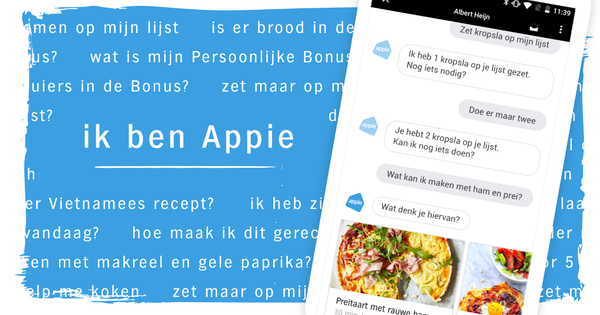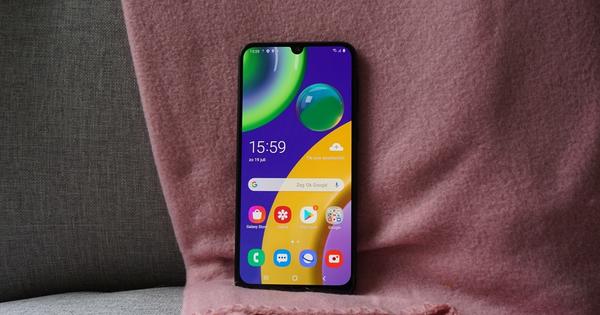Years ago we were so proud of our mobile phone. You could call, text and if you were lucky you could even play Snake on it. The arrival of the smartphone has changed a lot. Smartphones today are more like small PCs than cell phones.
We probably don't need to explain what the smartphone lends its name to. The distinction between the smartphone and the 'normal' telephone is that the smartphone has many extra functionalities that have little to do with telephony. Where the mobile phone revolved around calling and texting, the smartphone is mainly about 'being mobile', in other words, being able to perform the most diverse activities in your life on the go.
History
That started with adding the ability to take photos and videos with your mobile phone. The quality of the photos was not exactly something to write home about in the beginning, we don't have to start about the video quality at all.

This has now completely changed. Smartphones with 8 megapixel cameras and 1080p HD video are no longer an exception. There are even smartphones from Nokia (the 808 PureView and Lumia 1020) with 41 megapixels, although that is still an extreme outlier even in this generation.

The Nokia 808 PureView has an impressive 41megapixel camera.
Of course, it didn't just stop at photos and videos. The next important step on the way to the smartphone was the internet. After some unfortunate attempts with WAP and KPN's flagship I-mode (after the Japanese example), 3G technology finally made it possible to use full internet on mobile phones.

In 2002, I-mode was KPN's ultimate attempt to launch the internet on the mobile phone. We would now laugh at that 'internet'.
Calling, taking photos and videos, using the internet and emailing, the smartphone was a fact. Yet this was only the beginning. The combination of all the possibilities of the smartphone meant that there were many opportunities and possibilities for software developers, but that did not materialize. A constant battle ensued over who was entitled to which revenue: the provider providing the bandwidth, the developer writing the software, or the phone manufacturer providing the platform.
In the end, it was Apple that forced a breakthrough with its iPhone in 2007 and rolled like a steamroller over the existing balance of power between telephone manufacturers and telecom providers. Apple built its phone in such a way that developers could easily develop programs (apps) for it. Other developers followed, ushering in a whole new generation of smartphones. Combined with technical feats such as accelerometers, gyroscope and compass (more on that later), they have created the smartphone as we know it today. But what are all the possibilities of a smartphone?

The advent of apps has made the smartphone a lot more versatile.
Internet and email
We have already mentioned that it is now possible to use the internet and e-mail on your smartphone, but that has of course had major consequences. If you have a smartphone with internet, you will never have to wonder again. You always have Google at hand and you can also visit Wikipedia without any problems. The fact that you always have access to your e-mail is also very handy.
But of course there are also disadvantages to this. It means you're almost always reachable, and if you're not good at setting boundaries, it can lead to a pretty restless existence. Then it is good to know that your smartphone also has a large off button.
Incidentally, on most smartphones it is more pleasant to read e-mail than to actually send e-mail. On a smartphone you work with an on-screen keyboard, a virtual keyboard, and this does not always type well and is prone to errors.

It's nice that you always have access to the internet and your e-mail, but it can also rob you of your peace of mind.
Personal assistant
One of the advantages of the smartphone is that it will make your bag (or jacket pocket) a lot lighter. Notebooks, diaries, address book, post-its, pens, pencils, you can leave them all at home, because it's all in your smartphone. Of course, there is also a major disadvantage: if you have lost your smartphone, you will lose everything in one fell swoop. Fortunately, you can make a backup of a smartphone, which could limit the damage more than if your jacket or bag were stolen.

A smartphone is the ideal assistant. An address book, notebook and even a diary, you have it all digitally with you.

